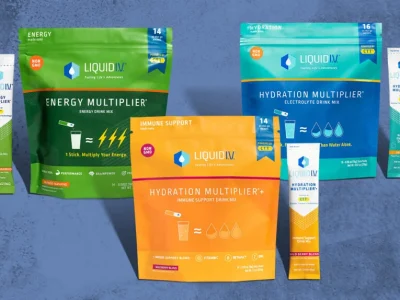Our eyes are probably the most important of all of our five senses! That’s why it’s crucial to take care of them through a thorough and affordable eye exam from clinics like Dr. Tavel and to consume healthy food filled with nutrients that help maintain excellent eye health.
But what are the nutrients we need to focus on getting daily? We list it down below.
- Vitamin A
Vitamin A deficiency is a common cause of blindness worldwide. We need vitamin A to maintain our eyes’ light-sensing cells, called photoreceptors.
If deficient in vitamin A, you might experience dry eyes, night blindness, or serious conditions, depending on how severe your deficiency is.
You can find vitamin A in animal-derived foods like egg yolks, liver, and dairy products. There is also vitamin A in plant compounds containing provitamin A carotenoids, which some fruits and vegetables have (like carrots, kale, and spinach). Now that’s why your eye doctor in Avon always tells you to eat your carrots!
- Lutein and Zeaxanthin
These are two yellow carotenoid antioxidants also called the macular pigments. These are concentrated in our macula, which is the central part of the retina. Our retina is a layer of light-sensitive cells located on the back walls of our eyeballs.
Lutein and zeaxanthin are natural sunblocks that help protect our eyes from harmful blue light. Studies show that having enough of these antioxidants can help with the levels of our retina. It can also help reduce the risk of macular degeneration!
You can find macular pigments in foods like spinach, kale, parsley, swiss chard, green peas, egg yolks, red grapes, sweet corn, and pistachios.
- Omega-3 Fatty Acids
EPA and DHA, which are two of the three long-chain omega-3 fatty acids, are crucial for proper eye health. Our retina has high levels of DHA, which is how it can help eye function.
Evidence shows how omega-3 supplements can benefit those who have a dry eye disease, with one study revealing that EPA and DHA supplements reduced dry eye symptoms and increased tear fluid formation.
These fatty acids can also help prevent eye diseases like diabetic retinopathy. However, they are not effective in treating macular degeneration.
While you can take omega-3s in supplement form, the best dietary sources are from oily fish like salmon.
- Vitamin C
Our eyes require high levels of antioxidants, more so than our other organs! That’s where vitamin C comes along, an important antioxidant for our body. Observational studies showed that those with cataracts have low antioxidant levels and that people taking vitamin C supplements are less likely to have the disease.
However, there are not many controlled studies on vitamin C’s role in eye health. That said, it’s still important to get enough vitamin C, which appears to protect our eyes. You can find vitamin C in numerous fruits and vegetables like citrus fruits, guava, kale, broccoli, and bell peppers.
Wrapping It Up
With all this information in mind, make sure you start taking foods and supplements rich in the nutrients above!








Comments